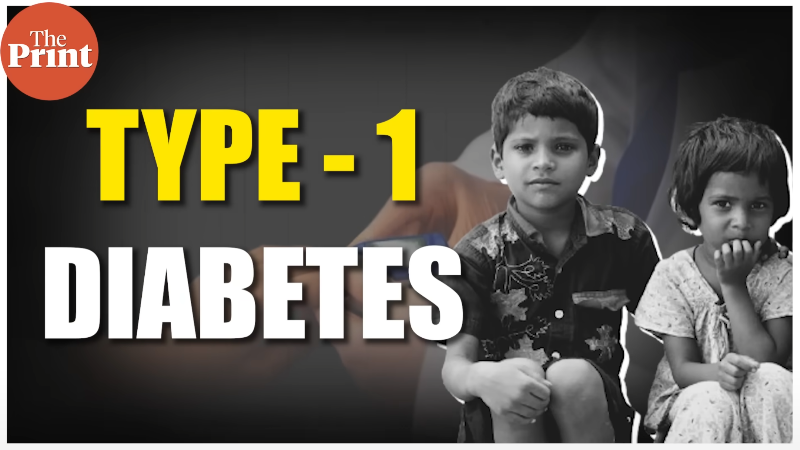by University of Tsukuba
Credit: Unsplash/CC0 Public Domain
Researchers at University of Tsukuba analyzed data from middle-aged workers who had received Specific Health Guidance—a revolutionary system implemented by the Japanese Ministry of Health, Labor, and Welfare to improve lifestyle habits for individuals with metabolic syndrome and those at presumptive risk of metabolic syndrome.
Using machine learning approaches, they explored the factors that affect the acquisition of exercise habits. The results revealed that the most crucial factor that positively impacts the acquisition of exercise habits is "the higher stages of lifestyle behavior based on the transtheoretical model."
The paper is published in the journal Preventive Medicine Reports.
Physical inactivity is the fourth leading mortality risk factor, following hypertension, smoking, and hyperglycemia. Therefore, acquiring an exercise habit is crucial to maintain and improve health.
In Japan, specific health guidance is provided to support the improvement of lifestyle habits, including exercise habits. To develop more efficient health guidance, it is important to identify factors that influence its effectiveness (e.g., characteristics and lifestyle of the target population).
In this study, data was analyzed using machine learning to explore the factors associated with the acquisition of exercise habits, and the importance of each factor was evaluated.
The researchers conducted a secondary analysis of data obtained by health insurance societies and other organizations through health projects in 2017–2018.
They found that the most critical factor associated with the acquisition of exercise habits was "the higher stages of behavioral change toward lifestyle improvement," followed by "high level of physical activity" and "high density lipoprotein cholesterol level being within the reference range." In contrast, "daily alcohol consumption of ≥60 g" had a negative effect on the acquisition of exercise habits.
This study revealed the factors related to the characteristics and lifestyles of middle-aged workers who received Motivational Health Guidance under the specific health guidance program that is positively associated with the acquisition of exercise habits. The results of this study may contribute to developing more efficient health guidance.
More information: Jiawei Wan et al, Factors associated with acquiring exercise habits through health guidance for metabolic syndrome among middle-aged Japanese workers: A machine learning approach, Preventive Medicine Reports (2024). DOI: 10.1016/j.pmedr.2024.102915
Provided by University of Tsukuba







Post comments